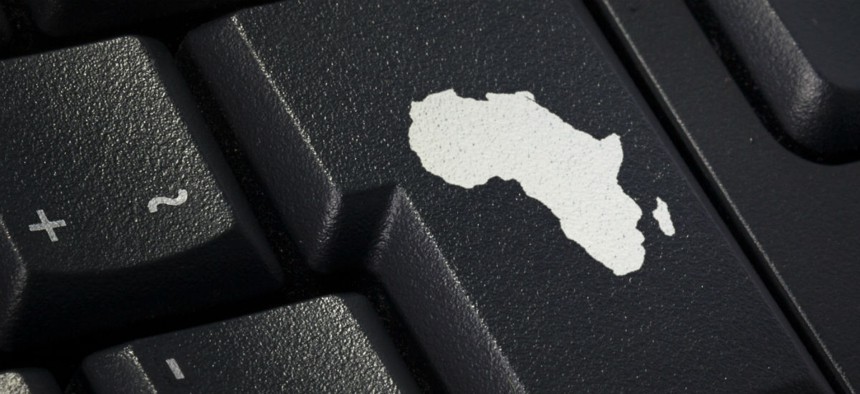Tech Hubs Across Africa Have More Than Doubled in Less Than a Year

Per Bengtsson/Shutterstock
Over 300 hubs are spread across 93 cities in 42 countries across the African continent; however, more than half of the hubs are concentrated in only five countries.
The number of technology hubs across Africa have more than doubled in less than a year as more investors and innovators grow the local startup ecosystem beyond the most popular cities. A total of 314 tech hubs and incubation centers were recorded in July by the global telecoms industry body GSMA’s Ecosystem Accelerator, a program that works to enable partnerships between operators and developers in the continent.
The figure was a marked increase from the 117 centers recorded by the World Bank last year. The more than 300 hubs are spread across 93 cities in 42 countries across the African continent. However, more than half of the hubs are concentrated in only five countries, namely: South Africa, Egypt, Kenya, Nigeria and Morocco.

The research also showcased how nascent the tech industry is in Africa, with the average launch date of these hubs being 2012. However, the coalescing between entrepreneurs, innovation hubs, telecom operators and giant tech companies is underpinning the rise of a thriving tech industry. The merging of these different sectors is driving innovation by facilitating funding, co-working spaces, skill sets, and more importantly a vast network to support the startups.
Up to 13 percent of the tech hubs across Africa also created partnerships with mobile operators, with Orange, MTN and Vodafone being represented at the most level. Increasingly, mobile network operators in Africa find they must innovate more aggressively if they want to support long-term revenue and profit growth.
For instance, in 2014, Orange support helped launch CIPMEN, Niger’s first incubator. The program provides support to businesses in technology development and environmental projects like renewable energy. MTN also supported the launch of ActivSpaces in Cameroon. The hub provides both incubation and acceleration programs, helping startups secure seed funding.
Some hubs like Kenya’s iHub have been wildly successful and hope to even become self-funded sometime in the near future. Since it opened in March 2010, iHub has spurred the launch of more than 170 startups.
Large U.S. tech companies like Google and Microsoft are also betting big in Africa, as the continent’s positions itself as a market ripe for investment. Examples of these include Microsoft’s $75 million 4Afrika project, which supports small and medium enterprises, driving social development and technological innovation.
The growth in smartphone use and the decline in bandwidth costs are also boosting the digital transformation across the continent. Yet, despite the spread of these tech outlets, Africa is yet to see the mass proliferation of benefits related to these digital technologies. As the World Bank noted earlier this year, this will require the improvement of government regulation, and adapting workers’ skills to the demands of the new economies.





